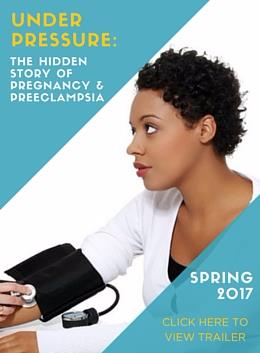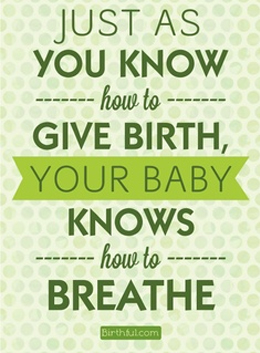A new mom and depressed? These seem like two realities that radically contradict each other. However, given the fact that you have just delivered a child, and are feeling sad and overwhelmed – your feelings are not uncommon, and entirely understandable. While pregnancy has always been seen as a happy time in a woman’s life – a time she can reflect on her own wellbeing, and her status change to ‘mother,’ for many, this period of time is not the fairy tale. Let’s pull back the cover on some basic issues – pregnancy and the postpartum are a phase where, not only are there biological changes, but psychological ones as well.
For some women, these two factors alone can constitute a difficult time: feelings of inadequacy (I can’t do this), poor self esteem (I’m not good enough to be a mom), or ambivalence (this is not what I thought it would be) may erupt and create a situation where there exists an inability to care, not only for yourself, but your newborn as well. According to ACOG (American College of Obstetrics and Gynecology) at least, 14-23% of all women in the U.S. experience some degree of depression during pregnancy and the postpartum period. As an Ob/Gyn who specializes in high-risk pregnancies, I have seen and dealt with many moms in your situation.
What’s most important is that you know the signs of depression and if you are experiencing any of these symptoms, you can discuss them with your doctor. If you are unable to care for yourself, you will not be able to be the fabulous mom you were born to be for your child. So let’s talk about some of the common symptoms of depression – loss of energy, concentration difficulties, eating/sleeping (either too much or too little), low self-esteem, denial, guilt, suicidal thoughts, and lack of pleasure. These symptoms generally present daily and last for more than two weeks. If these symptoms are left untreated, there can be some negative complications including:
- Poor mother-child bonding
- High incidence of postpartum psychosis
- Increased risk of substance/child abuse
It is essential to treat your depression during this time to protect both you and your baby. Medication and psychotherapy are typically the first line treatment modalities recommended. Any anti-depressive medications that are chosen, will certainly weigh the benefit-risk issues of both you and your baby – particularly should you desire to breastfeed. Here are my recommendations:
- It’s ok to seek the comfort and counsel of others.
- Align yourself with a support group of moms who are also experiencing the same situation as you – they can appraise you of any potential impact on your work life, the potential interactions that may occur with the other children/family members in the house, and how it may impact your relationship with the baby’s father. My rationale for this course of action at this time is – if depression persists, your may not be able to provide the best nurturing for the infant – which in turn may further exacerbate your depression.
- It is important to continue with your postpartum care, and any questions that present—we can discuss.
Take home message? Let’s start the dialogue about depression – remember you are not alone. Being able to care for you and your baby well after birth means being concerned with you first, in the here and now.






